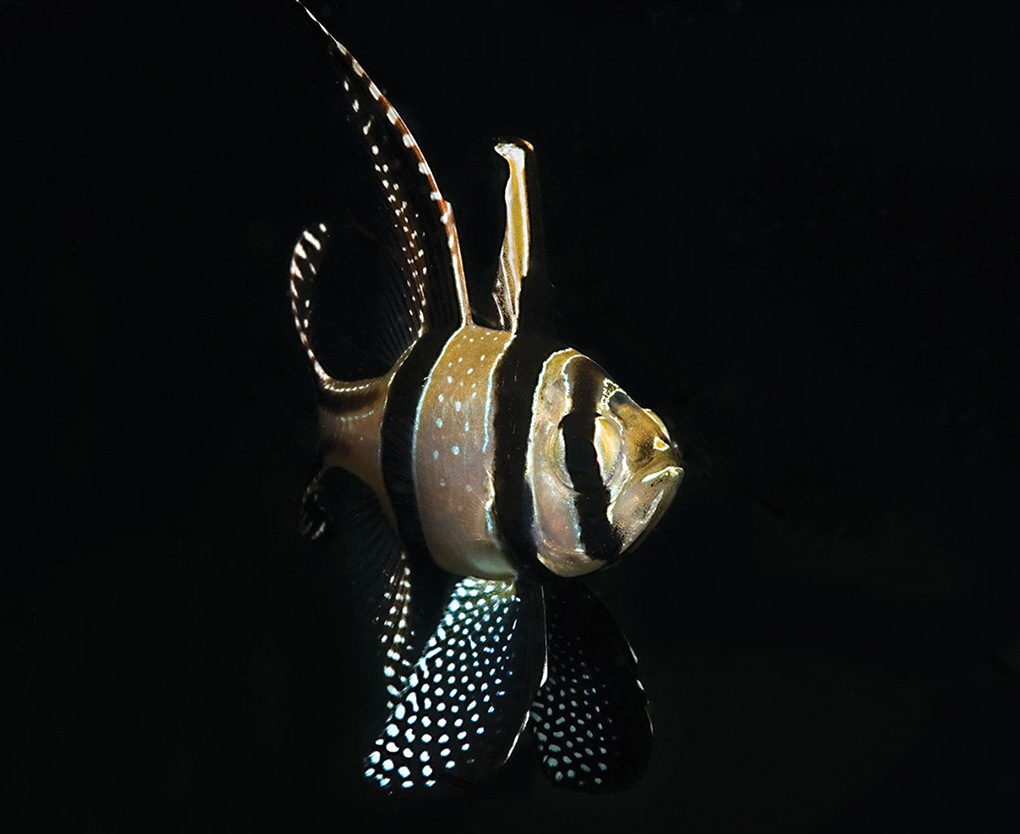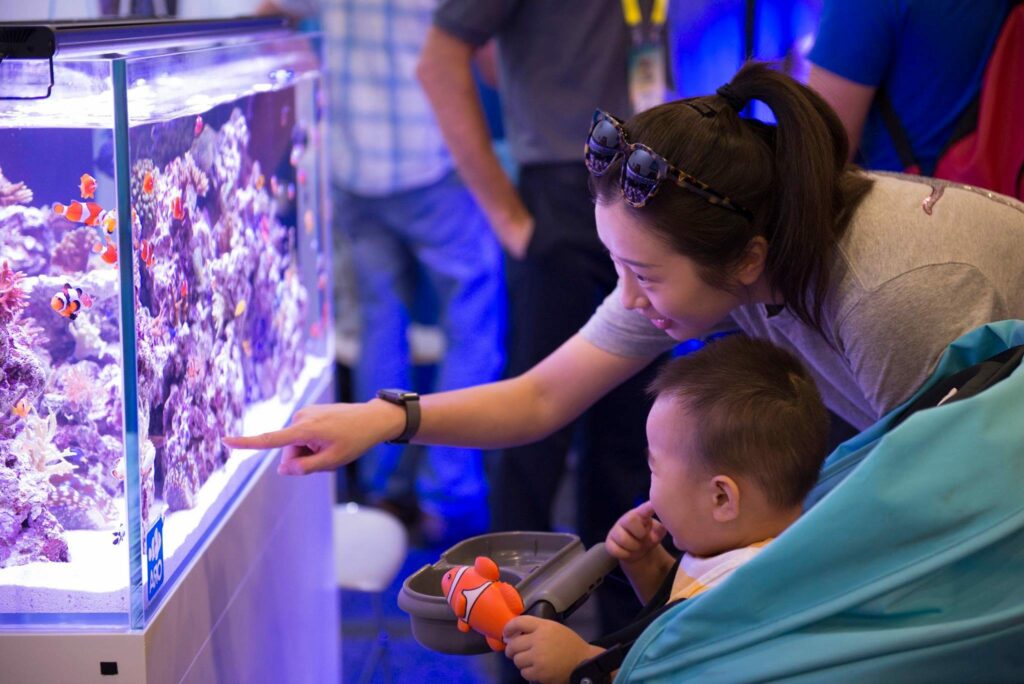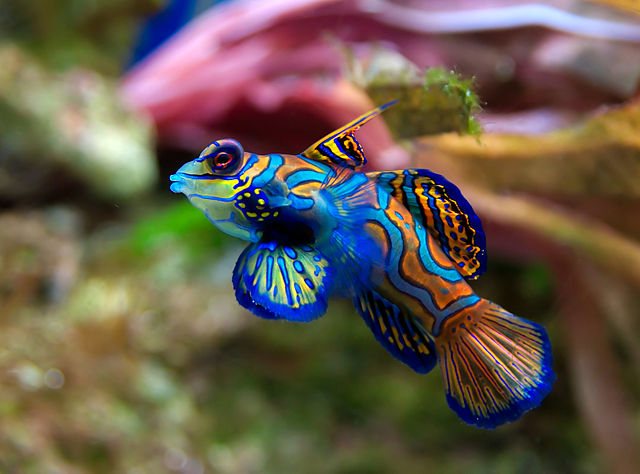
via Marine Aquarium Societies of North America (MASNA)
MASNA’s Position Statement regarding H.R. 4521 and proposed amendments to the Lacey Act that are contained within the COMPETES Act of 2022
MASNA, as a non-profit organization of marine aquarium hobby clubs, independent hobbyists, and corporate supporters is an organization formed with the heart and soul of the marine aquarist in mind. MASNA’s goals are to educate about the marine aquarium hobby, support the formation and growth of marine aquarium clubs, support efforts that eliminate abuses in the marine aquarium hobby as they relate to the collection, care, and transport of marine aquarium animals, and support the continued and ongoing growth of the marine aquarium hobby for future generations.
A topic of current interest and concern are proposed amendments to the Lacey Act that are contained within the COMPETES Act of 2022, which is currently under consideration by the U.S. Senate after passing the US House of Representatives in early February (February 4th), 2022.
The amendments contained in this act, if passed as written, could authorize the U.S. Fish and Wildlife Service to prevent interstate transport of species listed as injurious and create a white list of import-approved species. Animals that are not whitelisted would be considered injurious until whitelisted, which also means that all species must be evaluated, individually, for consideration of import-approval and transportation approval. This transportation clause applies to both transportation into the country, as well as interstate transportation (from state to state).
All animals that are not whitelisted would be considered injurious until whitelisted. Further, all animals will need to be evaluated individually to be added to the white list, and would be considered injurious until such evaluation. Animals not whitelisted would not be considered for import and transportation both into the country and across state lines.
Additionally, these amendments introduce an emergency powers mechanism, which allows for an immediate injunction of no more than 3 years to the importation and transportation of a specific species if an animal is identified as injurious.
MASNA, while not a lobbying organization, feels it is of benefit to our membership to continue to provide education and clarification regarding this matter, and the technical details within to ensure that our membership is well informed about how legislation like this may affect their ability to continue to enjoy the hobby.

Key Points Regarding This Legislation of which MASNA Constituents Should Be Aware
There are a few key actions within this legislation, that if enacted, would be of specific interest to our membership.
The trade of pets and animals in the US, among animals that are not Dogs, Cats, or Livestock, would be regulated through an accept list (aka, whitelist) program that is under the purview of the U.S. Fish and Wildlife Service.
White lists, or accept/allow lists, are lists of what animals are allowed to be imported. Which requires that every animal, to the species level, be added to the list. Currently, the Fish and Wildlife Service has developed and curated detailed taxonomic data for many species in the pet trade like reptiles and birds, but this depth of information does not exist for fish. Fish are broadly classified, and data on specific species level fish imports as well as their injurious status is currently underreported and/or non-existent, which limits USFWS’s ability to quickly classify animals as injurious or not. Until a species is added to the accept list, it would not be allowed to be transported or imported.
This whitelist does not only apply to wild-caught animals. Captive-bred, maricultured, and aquacultured animals would also have to undergo the same white list scrutiny, regardless of their source location, even if in the U.S., and regardless of how long before transportation or importation they may have been cultured. Just because an animal is currently being imported safely, or is currently being bred and aquacultured in the US, does not mean it would be included on the accepted list.

Animals that have been successfully imported in the past are not immune to the whitelist scrutiny. Even those animals that have been traded, and imported for decades must first be evaluated for whitelist acceptance.
Species would only be added to the accept list after U.S. Fish and Wildlife conducts their evaluation of the animal. If an animal is found non-injurious by a rapid risk screening, the species would then fully need to be researched, have environmental impact statements developed, and be presented for further consideration of being added to the white list. This process can typically take 3-5 years per species. If all fish species must go through this process, we cannot even begin to comprehend how much time, and resources it would require for a proper evaluation and accept list approval of all the species currently in trade.
This regulation does not apply to only Non-US imports.
As this would be federal regulation, it would require two levels of scope. First, it would apply to imports coming into the US from out of the country. Second, if a fish species is deemed injurious in one state in the US, it would be deemed injurious throughout the US.
For example, Pterois sp. (aka Lionfish), which are currently considered injurious and on the invasive species list in Florida due to their introduction into public waters and the subsequent ecological harm in the Gulf of Mexico and Atlantic would not be whitelisted in the US and their transport would be halted across state lines, regardless of their source, or their intended destination.
While the purpose of this regulation is to limit the trade of injurious animals to protect the nation against ecological and zoonotic threats, the implementation misses the mark.
The outcome of this regulation, if enacted, would be an immediate halt of all trade of non-whitelisted marine aquarium animals within the marine aquarium hobby. Threats that are top of mind, including the introduction of zoonotic diseases, while they often originate from situations where animals from disparate regions are housed in close proximity to each other, are not commonplace in a well-maintained and well-managed industry.
Legislation that shuts down trade in this way will likely create and reinforce illegal pet trades, which are counterproductive to the underlying goals of actions such as these.
What Can Be Done?
Continue to be good citizens by purchasing livestock from responsible, sustainable, and reputable sources. MASNA’s goal is to continue to provide educational opportunities to the marine aquarium hobby public that enlightens and shares best practices to ensure the continued health and wellbeing of the animals in our care.
Be sure to review current and past MASNA educational articles as well as published MACNA presentations and use these learnings to better yourself as a hobbyist, and contributor to the industry.
Consider supporting organizations whose point of view may be similar to yours. There are lobbying organizations that specialize in protecting the pet industry and are fighting for this cause.
PIJAC—Pet Industry Joint Advisory Council—is following this issue, and posting updates here https://pijac.org/blog/facts-about-lacey-act-amendments-competes-act-2022-hr4521
Clubs should be aware and knowledgeable of their 501(c) status when discussing this issue with their Senators, but those who have the ability to within their IRS registration status can also consider taking a meeting with their local Senators when they are in their local offices. Hearing firsthand from constituents about their concerns can be impactful.
A group of individuals has also started this site, AquariumTrade.org to collect and facilitate the spread of current information on all trade-related legislative issues, and can be a good starting point for links to current topics regarding this, and other hobby related topics.
###





Trackbacks/Pingbacks